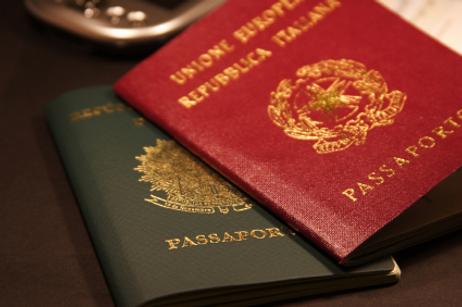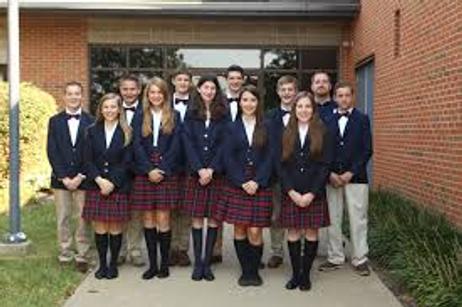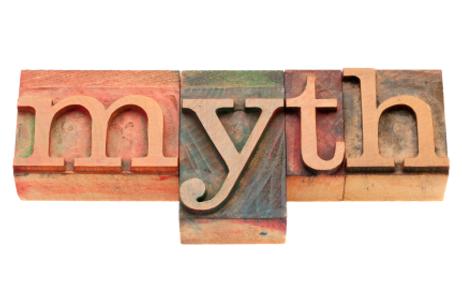This article is for the hundreds of foreign nationals who seek employment in American private schools each year. Be aware that most American private schools will hire a foreign national only if he or she has an H-1B Visa a J-1 Visa, or a Green Card (officially known as the Permanent Resident Card).
Let's review the types of visas available to a foreign national seeking to teach in the U.S.A.
H-1B Visas
The H-1B visa class is a viable option for primary, secondary or college teachers with the required knowledge and training, especially during times of national teacher shortages. H-1B visa offers foreign professionals the ability to work temporarily in the United States as long as they hold specialty occupations. For an H-1B visa for teachers, the exact requirements and eligibility conditions are noted below. Source: USCIS
H-1B visas are used for specialty employment situations, such as teaching and other skilled professionals. There are several ways you can navigate the labyrinth of requirements, forms, and fees required to submit your application. One way to do it is to apply yourself. This works only if you are an immigration lawyer because the rules, regulations, and application forms can be confusing for a foreign national.
H-1B visas are capped at 65,000 each fiscal year beginning on October 1. This class of visa is very competitive and uncertain. It also takes six to eight months for the entire process to play out. Only registered employers


































